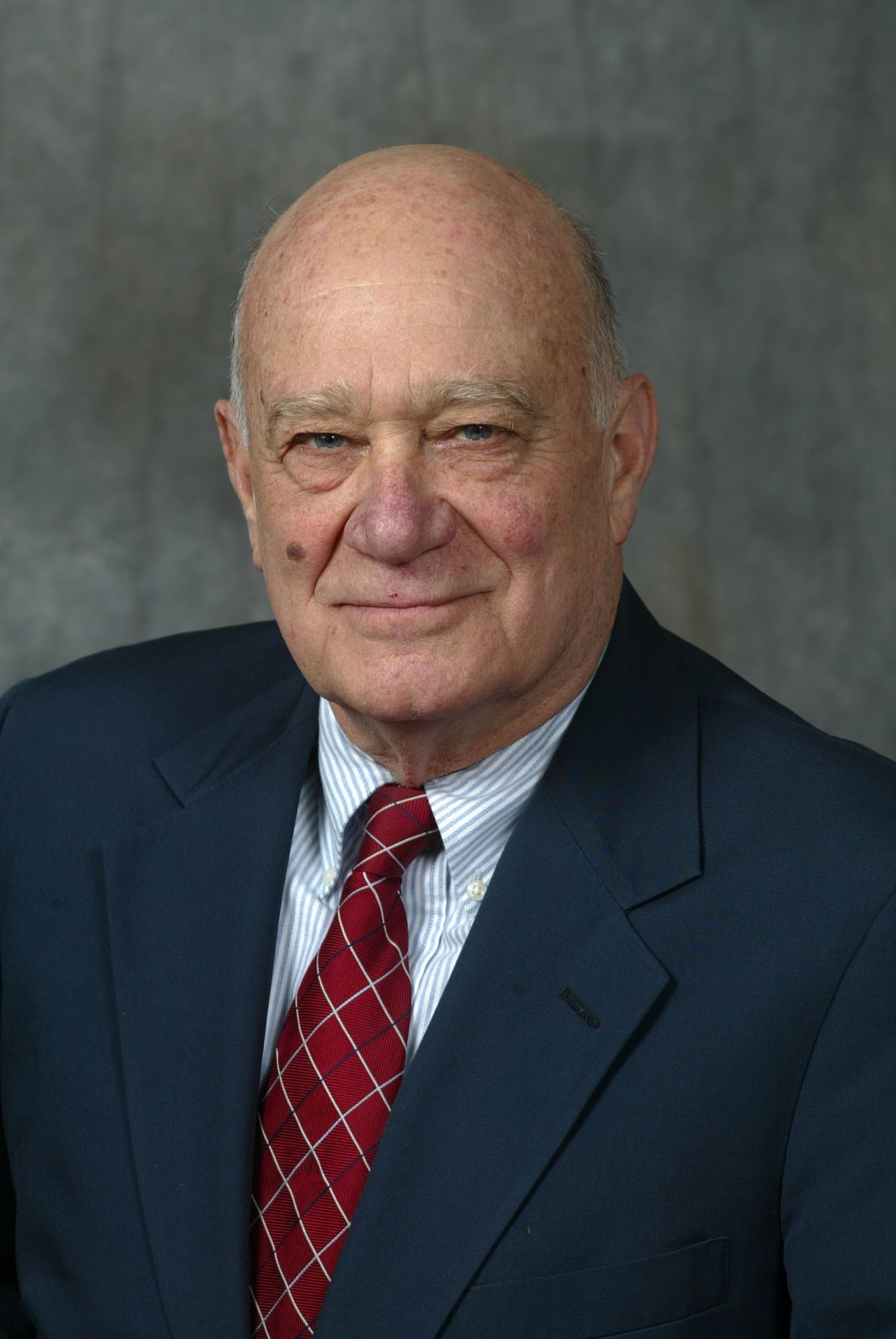On Jan. 17, we can celebrate Benjamin Franklin’s 310th birthday.
Perhaps you will join me in the view that Franklin is the greatest American who ever lived. I love ratings because they invite us to reflect on our values and on ways to gauge significance in society.
Since 1970, I began all of my history classes by giving each student a blank sheet of paper and asking for a list of “the 10 greatest Americans of all time” by whatever criteria each person wished to use.
It would have been much harder to ask for a rating from 1 to 10; instead I did a tally of how often names appeared on the individual sheets in each class. Then, I distributed the list with rankings of highest to lowest totals. We had good discussions about where and why past (or living) Americans were placed.
My surveys involved more than 10,000 students over 45 years. I deliberately used the term “greatest American” to distinguish them from TIME “Person of the Year” which is characterized as “most influential.”
As some of you will recall when Time said it would select “Person of the 20th Century,” lots of folks were concerned that Hitler might be named because his “influence” was huge, even though he was a despicable person and a heinous leader. [Time creatively finessed that process by choosing three individuals who represented what the magazine concluded were the three major developments of the century].
My Hofstra survey was also more challenging than the annual Gallup “Most Admired Man and Woman of the World” poll that has been conducted since 1946
Gallup queries: “What [woman/man] that you have heard or read about, living today in any part of the world, do you admire most? And who is your second choice?
All of these ratings generate questions about why and how respondents make choices, as well as what the surveys reveal about the people who respond, in terms of their knowledge, their values, and their sense of our nation and the world.
Time chose Angela Merkel, German leader, as “Person of the Year,” and also included several very interesting selections in the “runner-up” categories.
During this campaign season of negativity, some folks might be surprised to learn that “The Most Admired Man in the World for 2015” in the Gallup Poll released on Monday was Barack Obama. They might be even more surprised to hear that Obama has been No. 1 as “Most Admired” for eight straight years.
Is it a sign for 2016, that Hillary Rodham Clinton has been No. 1 as “the most admired woman in the world” for the last 14 years in a row (again for 2015) and for 18 of the past 20 years? (She finished behind Laura Bush only in 2001, in a poll taken in the aftermath of 9/11.)
Over the past 45 years at Hofstra, only three individuals have ever come in with the highest total in any single class (and there have been more than 300 classes).
George Washington occasionally came in first, especially during years of the bicentennials of the Revolution and the Constitution. Yet, for those four plus decades, Washington sits in 4th position on the cumulative totals.
To my surprise, the person who amassed most 3rd place votes over the years was John F. Kennedy. (Although he never came in first, he was often third, sometimes second.) As the years went by, growing numbers of my students had not even been born before 1963, yet there was something magical about JFK that resonated with young people.
The top two names on the lists of Hofstra students were Abraham Lincoln and Martin Luther King, Jr. Lincoln is no surprise; historians and political scientists regularly rate him as America’s greatest president.
What truly impressed me was that, over time, Dr. King most often came in first on the class lists and amassed the highest totals.
Even more striking for me was that in the first two decades of my surveys, there were very few African Americans, or minority students in those classes (in more recent years, Hofstra has achieved significant diversity, although folks of color were never a majority in any previous class).
In our discussions, I learned from students that there was a song, “Abraham, Martin and John.”
Subsequent classes of students knew the song, and, when we discussed the ratings in the order of King, Lincoln and Kennedy, many of them pointed to the significance of the top three all being assassinated.
As discussions progressed, students were quick to note that all three were champions of racial equality and were stopped in their prime when their accomplishments might have been more far-reaching.
For predominantly white students to select Dr. King, a black man, as their greatest person, says a lot about him, and about them.
I have enormous respect for the students’ considerations. In my next column, I will advance the case for Benjamin Franklin.



